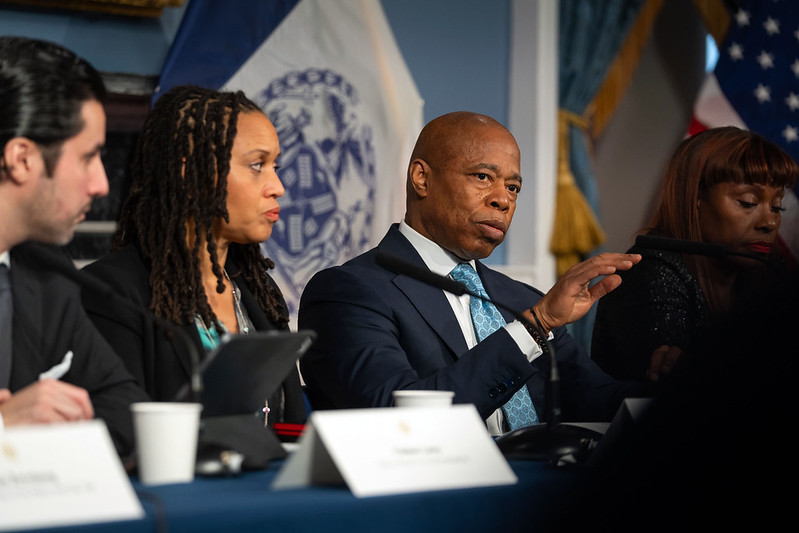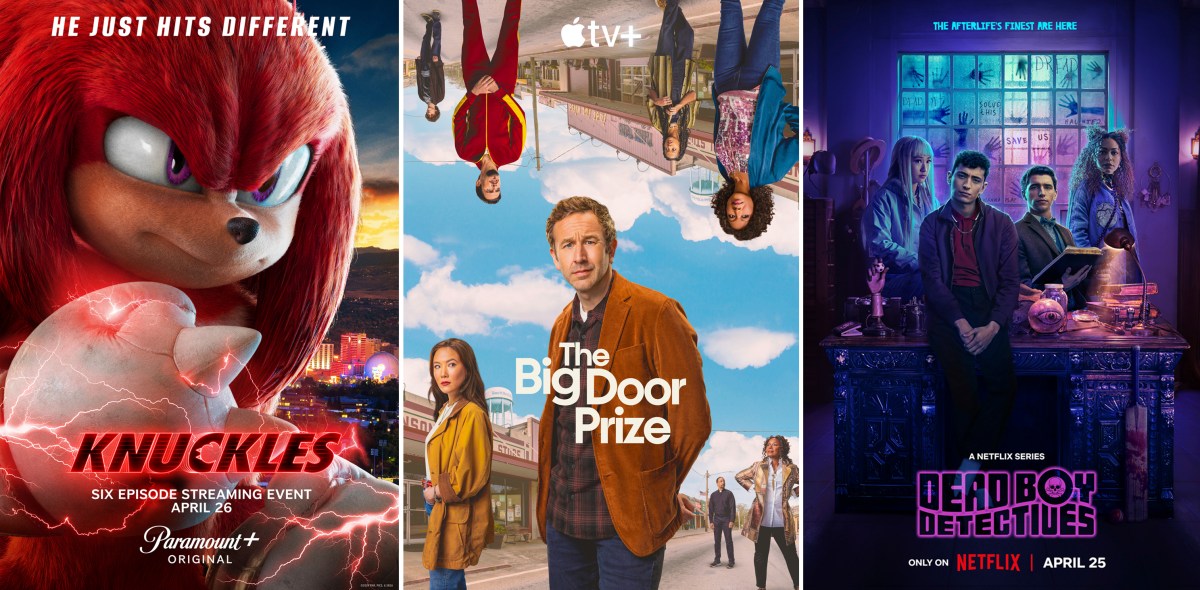Generation Wealth holds a mirror up to modern American culture, and it really doesn’t make for pretty viewing.
Lauren Greenfield’s all encompassing documentary, in which she interviews various subjects about their pursuit of wealth at all costs and how that has impacted the richest society the world has ever seen, reveals that the American Dream has decayed from the inside.
But what has happened to the American Dream? No longer is it about upward social mobility achieved though hard work. Instead, it now seemingly just revolves around wealth and glamour.
I recently had the chance to speaking to Lauren Greenfield, and she talked me through “Generation Wealth” and the decay of the American Dream.
How did you get started on “Generation Wealth”?
Basically when I was making “The Queen Of Versailles,” and after the financial crash, I started to think about how all of the stories that I had looked at from my career as a photographer in the early 90s, about materialism and celebrity and body image and how they clash and how, in a way, they might be connected and tell a bigger story about how our culture has changed. I started to think about the American Dream has changed. The dream of my parents’ generation, I thought of being characterized by hard work, frugality, and discipline and discussion, to a bloated version of the American Dream, which seems to be about narcissism and celebrity. As I got more and more into the work I made further connections. I had done a lot on gender and started to look at the commodification of the body and started to think about how wealth was not just about money, but about what gave us currency in the culture. So I started to look at the currency of beauty, sexuality and branding, and that is really the origins of the project. So I started to go back to look at the subjects that I have photographed through the years.
Your career proves just how interested you are in this topic. Did you go into “Generation Wealth” with an idea of what you wanted to find? Or did you just want to explore?
I think it started out as an exploration, and I didn’t know where I was going. But definitely looking back I have a clear idea, because you can see so many things in the culture that are just more extreme versions of what I had seen in the early 90s. So it was really about how we are influenced by globalism, and the media influence and this proliferation of images of luxury in the culture. So it seemed like everybody wanted to be rich and there were aspirations, it wasn’t just about the 1%, but people were aspiring to have more than they already had. So I was really kind of looking at where this desire comes from. But the desire I saw everywhere.
Talk about the role the Kardashians have played in the modern American culture, do they have a positive influence?
They play an important role as a touchstone in the culture. But I can’t say that is a positive influence. What I have seen that is part of the change in the American dream is that rather than comparing themselves to their neighbors, and in the old days when their neighbor might have a slightly better car or house, instead, people are now comparing themselves to people from television. Who they often know more about that their actual neighbors. Because in the celebrity culture we know everything about the Jenner family, and don’t spend time with our neighbors. What has happened in that 25 years is that people have become more disconnected from their community, and spend more time with their screens. When they are comparing themselves to these figures from reality TV, and specifically these images of wealth and luxury, because they have grown exponentially, and they can’t measure up. So have this aspirational gap of what people want and no relationship with what they can afford. They are comparing themselves to something that is not only not realistic, but is a fictional representation that just leads to dissatisfaction and unrealistic goals. So looking at how lifestyle and money has become the main metric for success, that has led to this addictive quality of consumerism. But on the other side, on the gender side, Kim Kardashian starts with a sex tape. Instead of the sex tape being a scarlet letter of previous times it is a badge of honor. It is the thing that allows the fame and fortune. Which is really what people care about. It is really about the end result more than how you got there. It used to be that fame and fortune were linked to achievement and accomplishment and often that had to do with making a contribution and being a productive citizen.
Amidst all of the issues you show with the current state of the American Dream, the ending of the film is strangely positive. Are you hopeful or despondent about the future?
I think that both are possibilities. I think we are heading to an unsustainable future if we stay on this path. If we want more and more, if we are never satisfied, what will happen to us is that you can’t stop until you crash. On the other hand I really took hope from the insight that many of the characters had as a result of their journeys, and the lessons that they had learned, and how they had made change based on those lessons. Whether it was the kids from LA, who had lived in the fast lane when they were young and had realized it wasn’t the route to happiness and satisfaction and had chosen different ways to raise their own children. Or the Icelandic fisherman who went from the ocean to the bank to the ocean again and found his true wealth in both the fish and his family. So I feel like, in a way, this work is about deconstructing the matrix that we live in so that we have some agency to make choices. I think that is possible. But it is not a foregone conclusion, and we have to get there.
“Generation Wealth” is now in cinemas.



















